Sunday, March 8 is International Women’s Day (IWD), a “global day celebrating the social, economic, cultural and political achievements of women.” While it may sound like a fairly recent creation, like National Deep Dish Pizza Day or National Take Your Llama to Work Day, IWD has been celebrated for well over a century, with the first IWD gathering in 1911 supported by over a million people. The day marks a call to action for accelerating women’s equality, with the 2020 theme of #EachforEqual—an equal world is an enabled world.
Harney & Sons strongly supports this initiative and celebration of the achievements of women around the world (and of course within our own family where we have wonderful examples of achievement set by my grandmother, Elyse Harney, and my mother, Brigitte Harney, Manager & Buyer, as well as many other awesome women). It’s difficult to understand why women still have to struggle for equality in the year 2020 because as we know here at Harney, we wouldn’t be where we are today without brilliant, hard-working, and compassionate women!
There are several women who were either original Teafluencers (back in the day before being an “Influencer” was a thing), or who used tea as a gathering event to make stuff happen. Here are just a few.
Catherine of Braganza (1638-1705)

Catherine was a Portuguese princess who arrived in England in 1662 to marry King Charles II. She came bearing new territories and trade routes for her new husband’s kingdom but, most importantly, she brought Chinese tea. The rest is literally history. Tea became quite popular at court and for high society. Eventually, as it became more affordable, tea became what it is today: the unofficial drink of England. Thanks, Cat!
Penelope Barker (1728-1796)

A true tea rebel, Penelope was a patriot of the American Revolution who organized the Edenton Tea Party, the first recorded women’s political demonstration in America. In 1774, she rallied a group of 51 socially prominent women to pledge they would not drink British tea imports until “all acts which tend to enslave our Native Country shall be repealed.” While this act, along with other colonist protests like the famous Boston Tea Party, helped incite the Revolutionary War… it may be the only one that has a commemorative monument in Edenton, NC, featuring a large teapot!
Anna Russell (1783-1857)

As we mentioned in our blog post on British tea traditions, Anna Russell, the seventh Duchess of Bedford, quite unintentionally became the mother of “afternoon tea,” a beloved and distinctly British tradition. Around 4:00 in the afternoons, Anna would note that she was getting a “sinking feeling,” so she ordered tea and a little sumpin’ sumpin’ to be brought to her room to tide her over until dinner. So satisfying was this snack that she started inviting friends over to join her, where they talked about fashion and what would happen on the next episode of “Downton Abbey.”
Elizabeth Cady Stanton (1815-1902)

A leading organizer of the Seneca Falls Convention -- the first women’s rights convention that led to the women’s suffrage movement -- Elizabeth was a major voice and top leader in the U.S. women’s rights campaigns. Elizabeth and her female co-activists drafted the famous “Declaration of Sentiments,” a document mirroring the Declaration of Independence that launched more widespread female suffrage activities.
Tea’s role? The ladies would gather together for an innocent cup of tea and commence to plot their activities. She and the other organizers first came up with the ideas of the convention over a cup of tea. In fact, by 1929, there was such a close association between the women’s movement and tea that Lipton created an ad campaign that described ladies sitting around the table drinking Lipton tea while discussing the vote for women.
Oura Kei (1828-1884)

Oura was a Japanese businesswoman who was a force to be reckoned with. In a male-dominated world, she is credited with creating the Japanese tea export market. Oura brokered tea from small growers—it took three years of hard work to acquire the four tons of tea needed to meet her first contract.
To accommodate the preference of U.S. tea drinkers, Oura persuaded tea farmers to grow a new type of tea, sencha, which is now Japan’s main tea. She was widely considered a brilliant businesswoman and a person of vision, determination, and integrity.
Catherine Cranston (1849-1934)
Kate Cranston was an entrepreneur who embodies the ideals of IWD. An entrepreneur who defied the notion that women were best suited to be housewives, she created a chain of tearooms in Glasgow, working with leading architects and avant-garde designers to create unique, signature establishments.
The Willow Tearooms on Sauchiehall Street, built in 1903 and designed by Charles Rennie Mackintosh, featured a crystal chandelier and high-backed, silver-painted chairs upholstered in purple velvet. This tearoom and others built by Kate are an important part of Glasgow’s architectural and cultural heritage. After extensive renovation to bring it to its former glory, this establishment is still open under the name Mackintosh at the Willow, a Glasgow fixture for more than 100 years.
Mary Shaw (1854-1929)
This American actress was also a feminist and suffragette who was very active in the women’s movement. Much like Elizabeth Cady Stanton, Mary used the practice of inviting women to tea as an opportunity to enroll more women in the suffrage campaign, setting up tea clubs where women could gather and talk freely. The practice was so widely engaged in by working women like Mary that The New York Times published an article on May 7, 1909 entitled “Tea for Converts to Suffrage Cause – New Bait for Prospective Members of the Equal Suffrage League.” Who knew tea was cover for covert ops?
Here’s Looking at You, Kid
We’re raising a cuppa to all the amazing women in the world who are kicking butt doing everything from running corporations to running marathons to running kids to sports practice.
For all you strong women, we recommend some wonderfully strong teas. On International Women’s Day, we recommend:



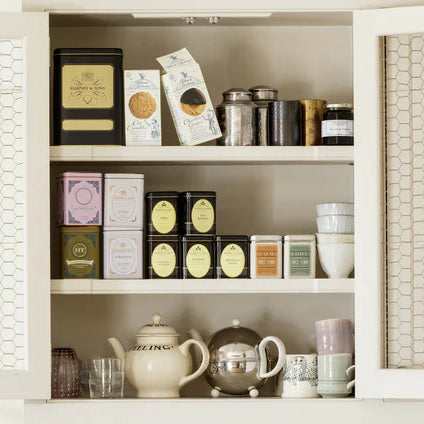
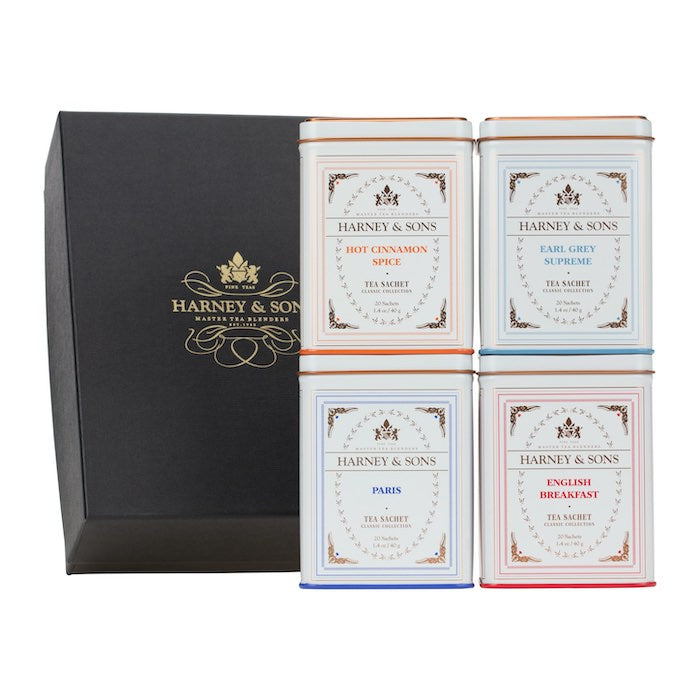
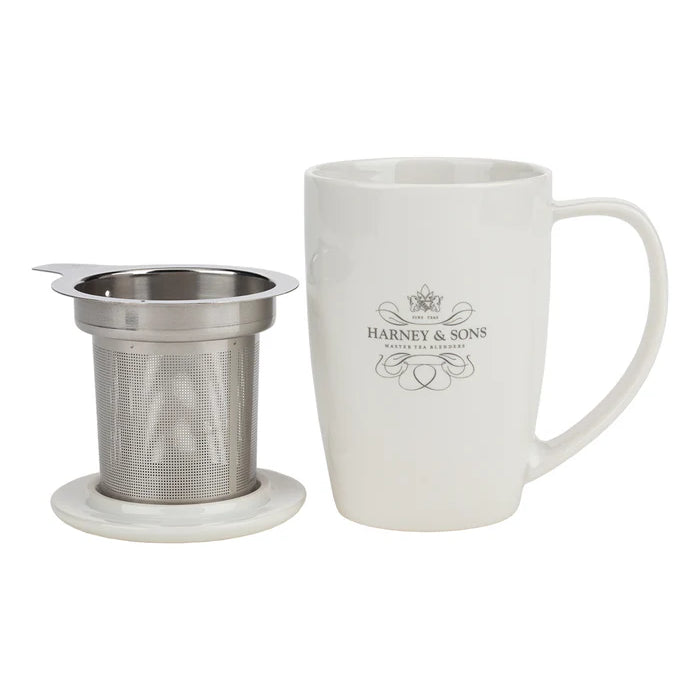
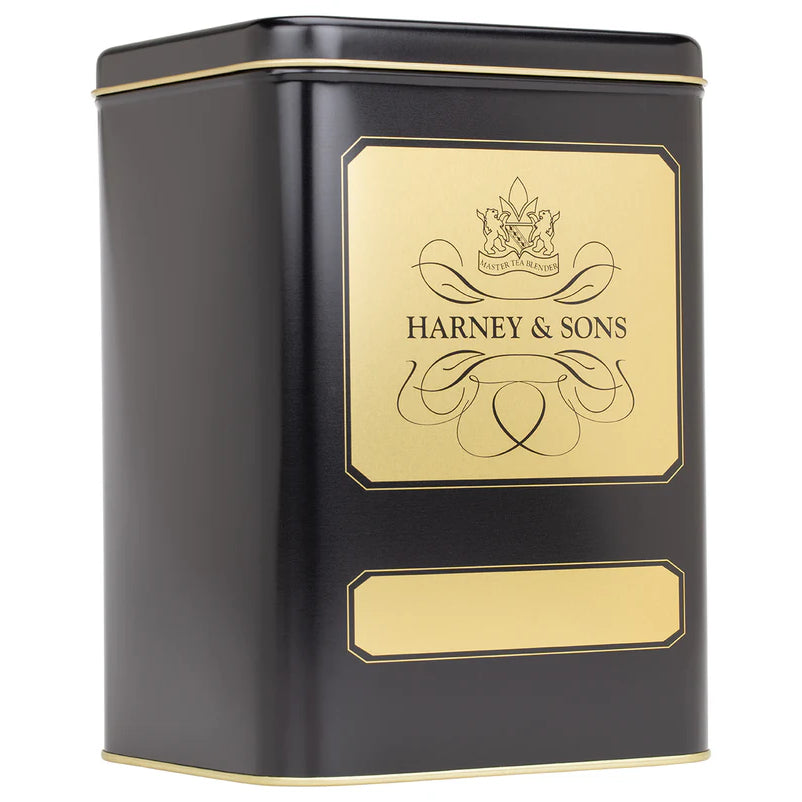
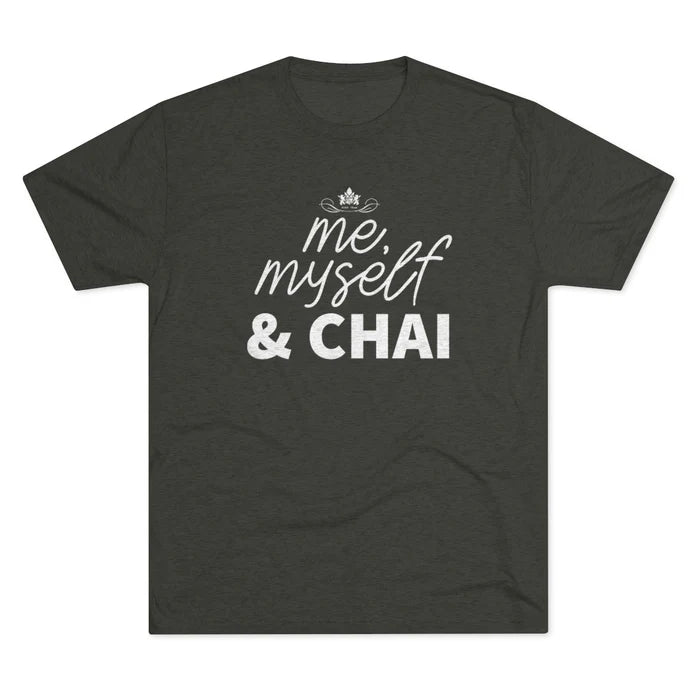
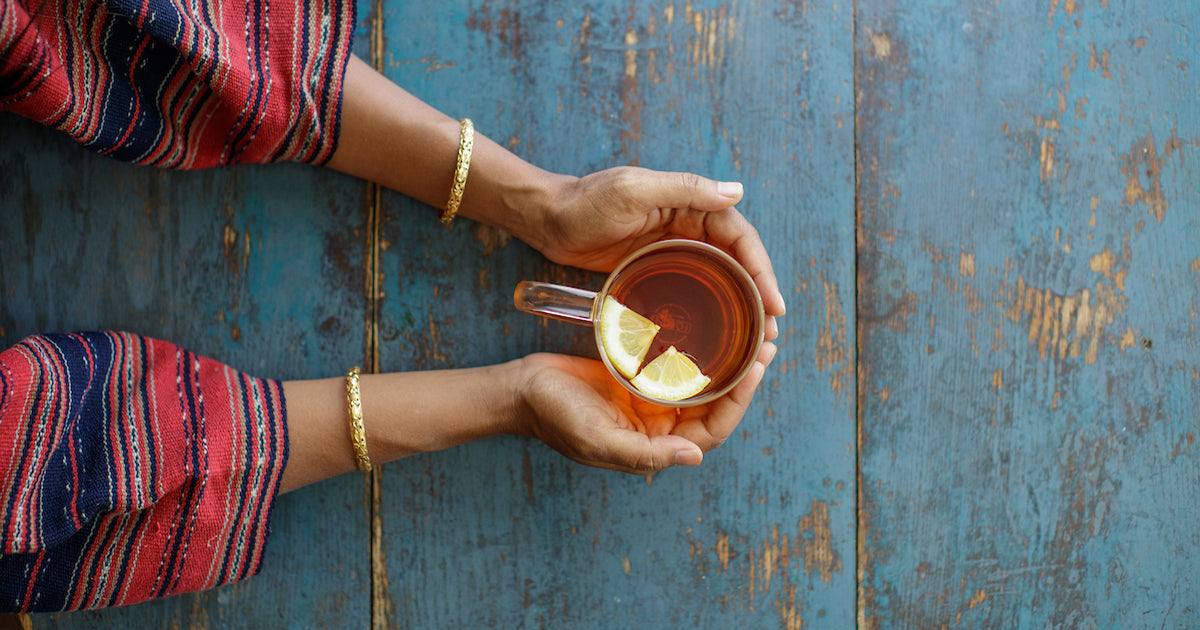
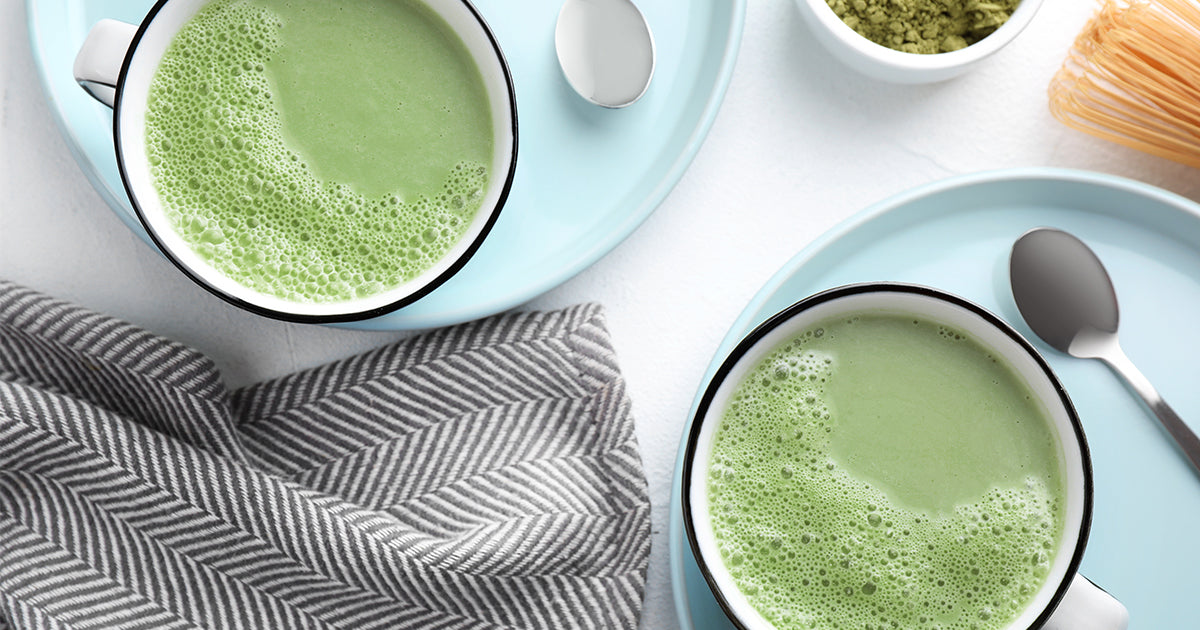
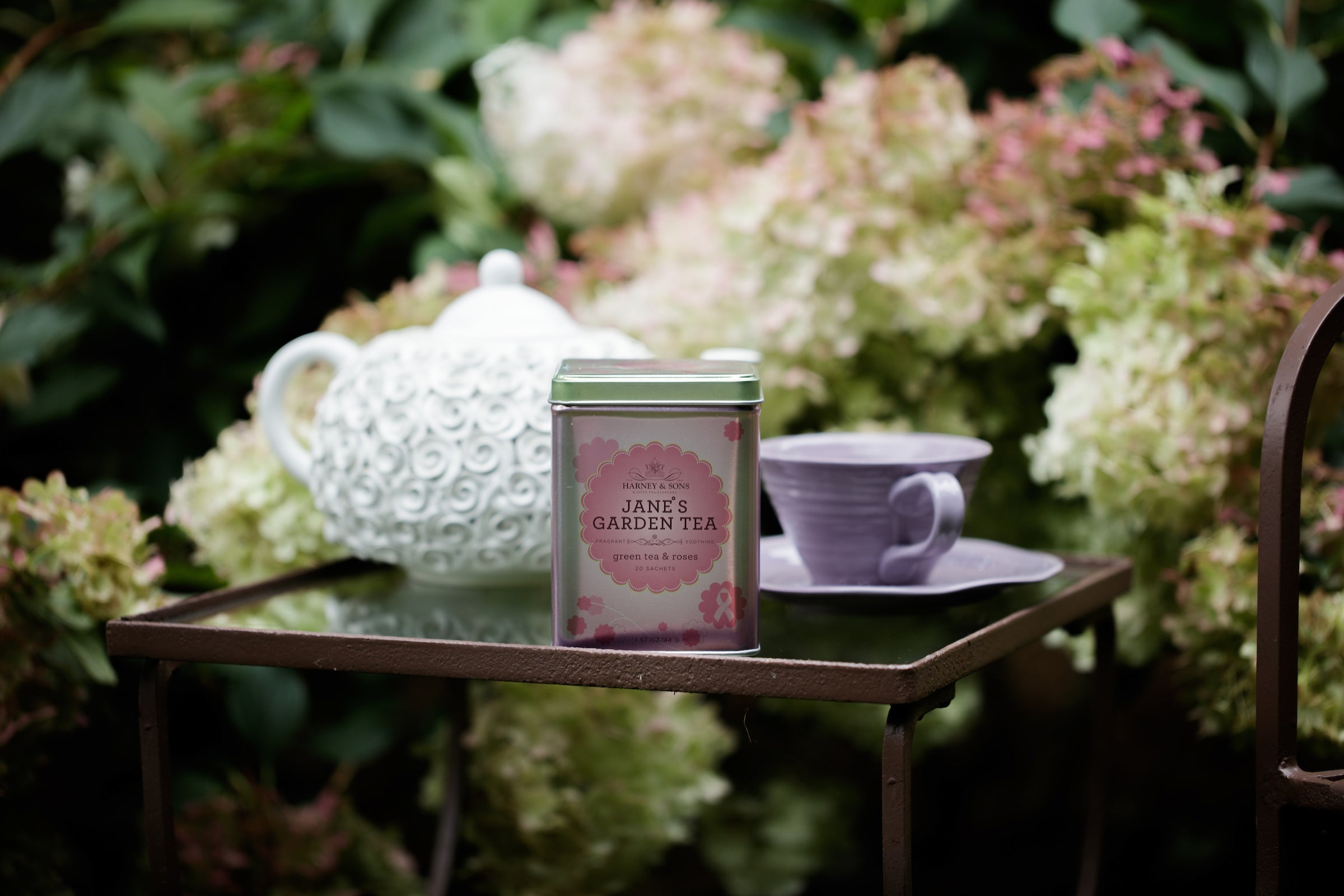
1 comment
Allison Williams
Great story! In fact, I’d say it was tea-riffic!
Great story! In fact, I’d say it was tea-riffic!